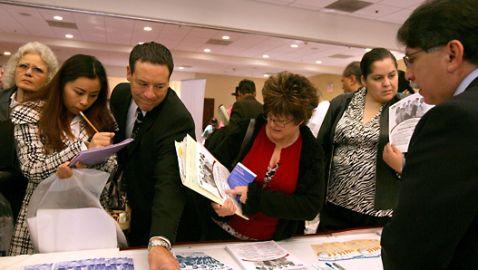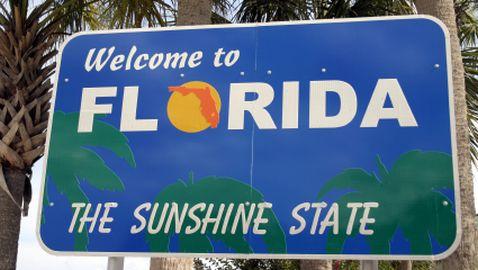Employers’ Talk of “Skills Shortage” Just Not True Say Labor Experts
Post Views 1
In an interview regarding a shortage of workers in Louisiana, Keith Mosing, the president of Houston-based Frank’s International said, “I would hire people and train them if they could pass the drug test. But we’re having a lot of difficulty finding people in the U.S.”
However, Wharton professor Peter Cappelli in his new book, “Why Good People Can’t Get Jobs,” says that the slow hiring is not the consequence of any type of conflicting lack of skills amongst US workers.
“There’s a bashing-the-victim feel to all of this,” Cappelli said in an interview. Employers “have assumptions and assertions about how the labor market works that simply aren’t true.”
The main problem is that, the employers are using software to put job-applicants through a fine-toothed comb, making it very difficult for applicants with the slightest flaws to get through. Employers want their workers to match every part of their requirement.
A better system would be to take in the employees, iron out their flaws through orientation and training and make the job appropriate for them, rather than seek people who are appropriate for the jobs.
Cappelli says that a Philadelphia–area executive applied incognito to a job in his own company, and he was denied the job as he could not get past the mechanical screening process.
Employers keep waiting for the elusive perfect candidate, forgetting the productivity losses their company suffers when they leave a position unfilled. Cappelli said that at times the demands are so ridiculous, that they would be laughable had the issue not been so serious.
One headhunter assisting a food company to locate a marketing employee insisted that they find someone with experience in the green olive business, rather than the black olive business, Cappelli said.
“Its not crazy to be picky, but the thing that doesn’t make sense is to say we’re just not going to hire anybody,” he said.
It is wrong to say that the US workforce lacks education or is under-educated. Surveys reveal that US student performance has improved over the years. What the management means when they say that they lack education is that they lack in management skills.
Cappelli recounted the experiences of his own son, whose bachelor’s degree failed to land him a job, forcing to opt for a certificate, in the presumed-to-be-hot healthcare field, in a community college. His job hunt yielded no results as employers only wanted applicants with experience.
However, employers do not want to waste their time, money and effort in training people, partly because after they are trained, workers could change to more lucrative jobs that their training could provide. In 1979, youthful inexperienced workers received, on average, 2.5 weeks of training a year. Now, less than a quarter of the employees’ surveyed say that have received any training over the last five years.
The answer says Cappelli, is to convince and persuade employers to support in-house training programs at their workplace and for the public and private sectors to work together in developing training programs where students can garner experience with companies. Apprenticeship and Orientation programs would also help the youth in employment preparedness.
But most of all, in an economy where employers are replacing humans with machines and where automation is increasing rapidly, it is apparent that human resources are one thing that can’t be replaced entirely by machines.
Employers’ Talk of “Skills Shortage” Just Not True Say Labor Experts by Harrison Barnes


 How Can A Timesheet System Help Your Business?
How Can A Timesheet System Help Your Business?  Conducting A Market Analysis On Your Business
Conducting A Market Analysis On Your Business